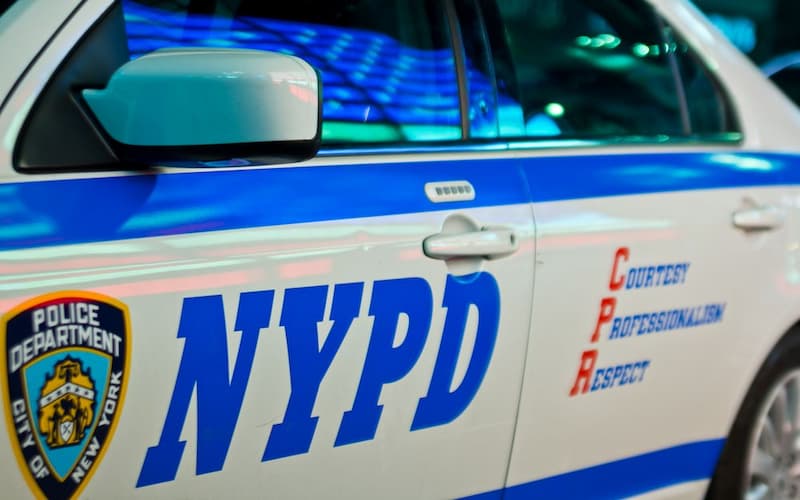Costly, Harmful Effects of Rising NYPD Overtime
Overuse of overtime in the NYPD leads to increased complaints, lawsuits, injuries, and conflicts, while driving up costs and liability.

May 8, 2023
A recent report from the Department of Investigation's inspector general for the NYPD highlighted a significant internal risk: the overuse of overtime has a detrimental effect on policing outcomes. It's not surprising that extended hours without adequate breaks can lead to diminished focus in any job, but this issue is especially critical in policing, a field marked by high-pressure situations and long periods of relative inactivity.
The report's most striking revelation concerns the degree to which overtime impairs performance. According to investigators, an officer working the average overtime length of four hours and 12 minutes – or 150% of a regular shift – increases their likelihood of receiving a substantiated complaint by a staggering 36.8%. Such officers also face a similar increase in their chances of being named in a lawsuit, as well as a 20% higher likelihood of being injured or involved in a use of force incident.

The risks associated with overtime don't rise linearly but rather exponentially, meaning that each additional hour poses even greater dangers. Consequently, excessive overtime presents a twofold threat. On a practical level, it endangers both the public and the police, who are more likely to suffer injury and encounter situations of conflict. This outcome undermines the very purpose of policing. From a financial standpoint, it generates additional liabilities due to errors made by fatigued officers and drives up the substantial cost of overtime wages.
There are several potential solutions to this problem. One option is to employ more officers, thereby reducing the need for overtime. Another, more effective strategy may involve delegating specific responsibilities to professionals better equipped to handle them. For instance, mental health specialists could address incidents involving mental health crises, rather than relying on police officers who lack the requisite training and resources.
